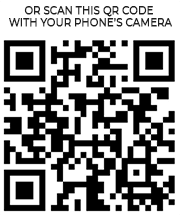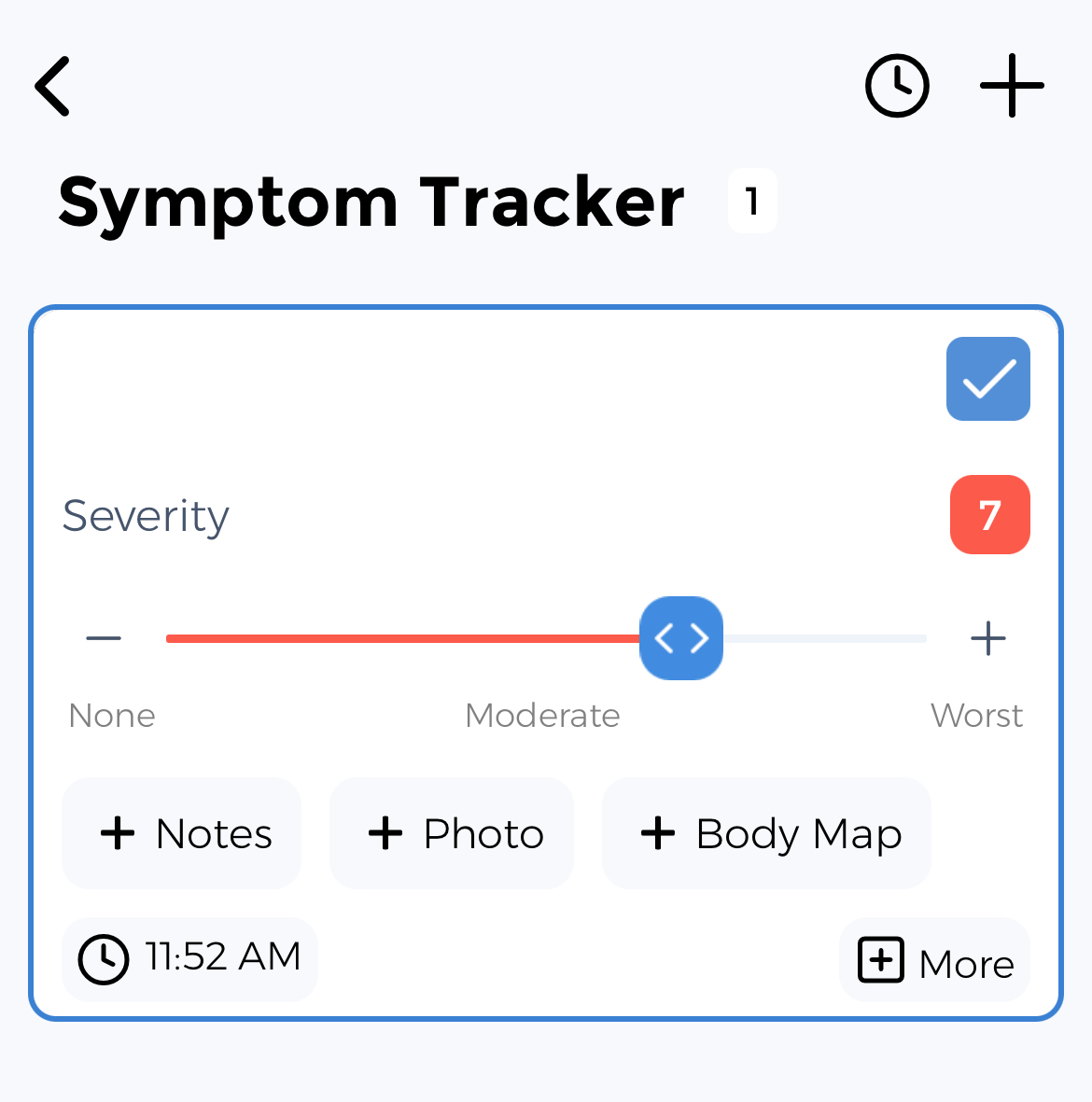Hyperopia (Farsightedness) Symptom Tracker: Your Health Assistant
Living with Hyperopia (Farsightedness) means dealing with blurry vision (especially close up), eye strain, headaches (especially after close work), and more. But here's the truth: Data is your most powerful tool. Every logged symptom reveals patterns—so you can take informed action.
Hyperopia, or farsightedness, is a common refractive error where distant objects may be seen clearly but close ones do not come into proper focus. In higher degrees, vision can be blurry at all distances. Tracking vision changes, eye strain, and headache frequency can help manage the condition, often with corrective lenses.
Key Hyperopia Symptoms You Should Track
Struggling with symptoms like these? Tracking them reveals patterns, triggers, and how they impact your daily life.
Blurry vision (especially close up)
Eye strain
Headaches (especially after close work)
Squinting
Difficulty concentrating on reading
Aching or burning eyes
Track Your Hyperopia (Farsightedness) Treatments
Tracking how these common treatments affect your symptoms can help you and your healthcare provider optimize your care plan:
Our tracker helps you monitor when you take medications and how they affect your symptoms over time.
Standardized Hyperopia (Farsightedness) Assessments
Complete these evidence-based assessments in the App to measure your severity and monitor your progress:
⚡ Knowledge Is Your Superpower
The difference between feeling overwhelmed by Hyperopia and feeling in control starts with data. When you track your symptoms, you transform uncertainty into clarity. Every data point brings you closer to understanding your unique patterns.
It's free to try for anyone—whether you're managing your own condition, supporting a child, helping an aging parent, or assisting a partner. Our tracker adapts to your specific role in the health journey.
How the CareClinic Hyperopia Symptom Tracker Adapts to Your Needs
Adults
Caregivers
Parents of Children
Young Adults
Your Complete Hyperopia (Farsightedness) Management Toolkit
Uncover Patterns & Insights
Map your Hyperopia symptoms like a detective solving a case.
Understand Your Medication's Impact
Turn guesswork into strategy. See how treatments affect your well-being with clear health insights.
Objectively Measure Your Progress
Use clinically validated tools to objectively measure your progress.
Other Tools You May Like...
Also Supports Other Conditions Like
Success Stories from Our Community
"After my diagnosis with Hyperopia (Farsightedness), I felt lost. This tracker became my guide. The app helped me see that blurry vision (especially close up) actually came before headaches (especially after close work), not after, and that knowledge alone made a huge difference."
"Both my Hyperopia (Farsightedness) specialist and therapist were impressed by the insights from this tracker. The severity of my headaches (especially after close work) was directly tied to diet changes, which helped us create a better treatment plan."
Take Control of Your Hyperopia (Farsightedness) Journey
Transform from feeling like a passive patient to becoming an informed self-advocate. Join thousands who've discovered new insights about their condition.
Designed by people who understand the daily challenges of managing chronic conditions, we're here to support you and your ❤️ ones.
Download Your Hyperopia Tracker NowYour Data is Protected
Private & Secure
HIPAA Compliant
GDPR Compliant
Never Sell Data
Your data is yours: You get full control over who can view your information. CareClinic keeps all your data secure and encrypted.
References based on studies by:

